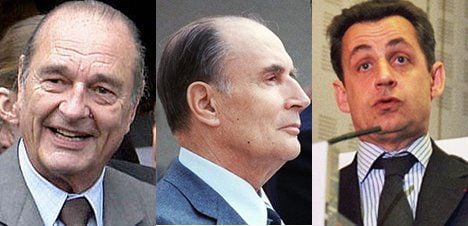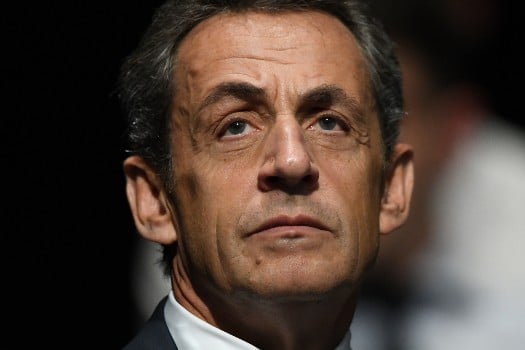France’s Fifth Republic in 1958 replaced a parliamentary system, which had suffered from a weak executive and governments falling in quick succession, with a system of strong presidents elected for seven-year mandates.
The president was initially chosen by an electoral college but, after a 1962 referendum, this was changed to direct election.
The president of the republic is the head of the armed forces and has control of France’s nuclear deterrent. He or she negotiates with foreign powers and ratifies treaties.
The president can organise referendums on laws or on constitutional changes. He can dissolve parliament, and nominate the prime minister, ministers and other senior figures in the administration.
He also names three of the nine members of the Constitutional Council, including its president, which he can call upon to decide on the constitutionality of a law.
When the majority at the National Assembly is of the same political persuasion, the president is the effective head of the executive and can impose his views on the prime minister.
But during periods of “cohabitation”, as happened in 1986-1988, 1993-1995 and 1997-2002 when the president was from a different political party than the majority of deputies, it is the prime minister who has this role.
Even then the president still controls foreign and defence policy.
The presidential term was reduced in 2002 from seven to five years to match that of the parliamentary mandate.
The president cannot serve more than two consecutive terms, according to a change to the constitution made by Sarkozy in 2008. Previously there was no limit.
Parliamentary elections are now held around a month after the presidential vote, which makes “cohabitation” a much less likely prospect.
Parliament has little control over the president’s powers but it does have the theoretical power to remove him from office if he is deemed to be failing to carry out his duties.
The only real accountability the president has is when he goes to the people to seek to renew his mandate.
While in office, the president enjoys immunity from prosecution and cannot be ordered to appear as a witness.



 Please whitelist us to continue reading.
Please whitelist us to continue reading.
Member comments